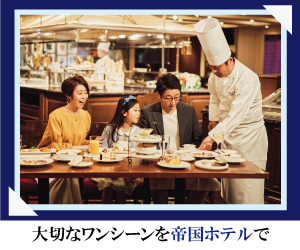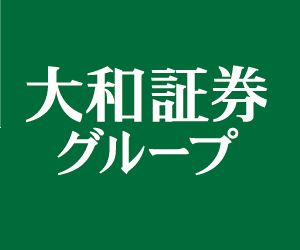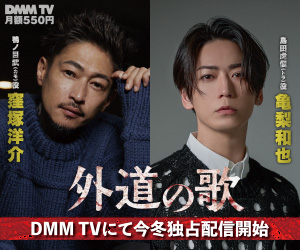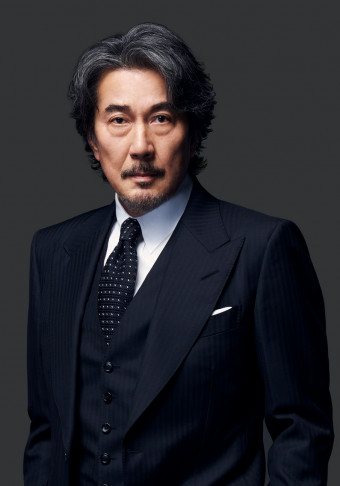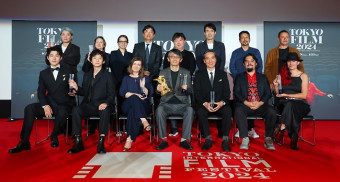
Thierry de Peretti’s fourth feature, In His Own Image, which screened in the Competition section of the 37th Tokyo International Film Festival, attempts to provide an overview of the revolutionary fervor that gripped the French island of Corsica from the 1970s until the dawn of the millennium. Having been colonized by the French, the island has always had a tempestuous relationship with its conqueror, and that simmering pot of resentment boils over several times during the course of the film. According to de Peretti, appearing at a post-screening Q&A session on November 3, “It’s a subject that has rarely been covered in film in the past, though this year alone there have been quite a few movies about Corsica.”
Based on a novel by Jérôme Ferrari, In His Own Image explains that era through the eyes of a photographer, Antonia (Clara-Maria Laredo), whose seriousness of purpose toward her vocation sends her into the orbit of the National Liberation Front of Corsica (FLNC) in her hometown of Ajaccio, the largest city on Corsica. De Peretti explained that he was born and raised in Ajaccio before leaving for university in Paris, where he studied acting and later became a theater director. “I now divide my time between Paris and Corsica,” he said, “and this movie is very specific to that island territory and the era in which I grew up.”
Laredo, who also grew up on Corsica before leaving for Brussels to study political science, was also on hand for the Q&A session. “I do have feelings of nostalgia for Corsica,” she told the audience. “And what is wonderful about the film is that it discusses Corsican politics in detail, though it is mainly a work of fiction. It depicts Corsican society and history in a very real way.”
The fictional element mostly has to do with Antonia’s ambitions as a news photographer, which are sparked when she is given a camera as a gift by her godfather (played by de Peretti). In many ways the condescending way that the French treat Corsica confounds her ambitions, since the local newspaper she works for feels unequipped to cover large national stories, so she’s limited to local sports and human interest articles. In order to satisfy her desire to do meaningful journalism, she covers the FLNC, which isn’t difficult since her first lover, Pascal (Louis Starace), is one of the leaders of the group. Over the course of the movie he is imprisoned several times for anti-government activities, although Antonia herself manages to avoid the authorities.
But he is constantly stymied in her attempts to become a professional news photographer. Even when she manages to get credentials to cover the Balkan War, her reluctance to embed with genocidal Serbs means she can’t sell any of her pictures, since the news agencies want only photos of carnage. In a very real sense, Antonia’s failure to achieve her dreams mirrors that of Corsica’s, where internecine conflicts in the FLNC almost destroy the organization.
One audience member remarked that something like this happened with the leftist movement in Japan in the 1970s, when the Red Army started killing its own members in factional feuds. De Peretti said that while the characters were all fictitious, the situations were real. “The killings that you see actually happened,” he said. “And all the residents witnessed it as they happened. This is a very real account of events during a very tumultuous time between the island and the government of France.”
Picking up on this notion, another viewer commented that all of the dialogue in the film is in French, and wondered if this wasn’t a contradiction — the independence movement carrying out their actions with the language of their colonizer. “Didn’t they speak in Corsican in everyday life?”
“That’s a very interesting question,” said de Peretti. “And it would take me two days to discuss it fully. Language is a huge issue on Corsica, and there is a movement on the island to protect Corsican. My grandparents used to speak it, but then the French government banned it, just as they did regional dialects through the public school system. Bilingualism is now a hot topic, and classes in Corsican are now returning to universities, to a certain degree.”
He continued, “Corsican literature, culture and even cinema must be protected, and there has always been a war in that region between the forces of French culture and those of Corsica. If you consider cinema a language, then this film is definitely political. Our purpose was to promote that culture through the visuals and the dialogue.”
Laredo added, “My generation [of Corsicans] had to be practical about which languages we wanted to learn. Because of France’s colonial history, French is spoken throughout all the islands, and the immigrants who have moved to France have lost their native languages. They all have faded away.”
Since this was Laredo’s debut as an actor, TIFF moderator Yasuda Yuko wanted to know what she had gained from the experience. “It was very enriching,” said the actor. “It extended my love for the craft of acting and cinema. I’ve always been interested in politics, so along my journey I have been looking for this kind of project. And by playing a photographer, I also became interested in taking pictures.”
Q&A Session: Competition
In His Own Image
Guests: Thierry de Peretti (Director/Screenplay), Clara-Maria Laredo (Actor)
















